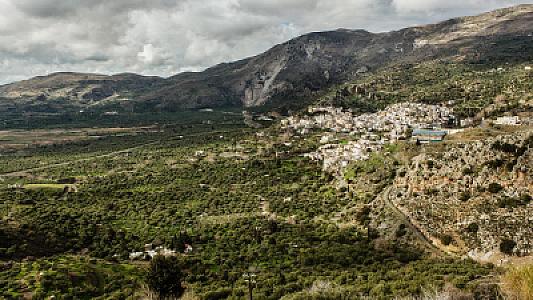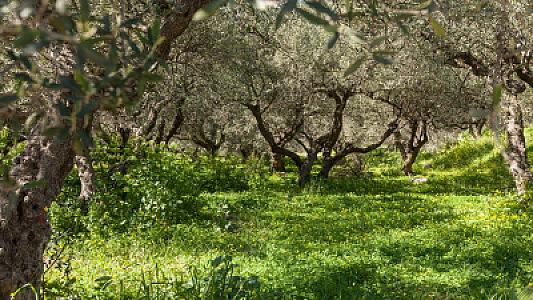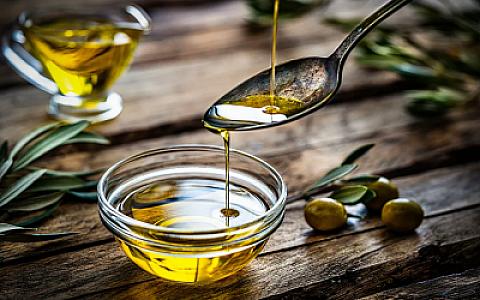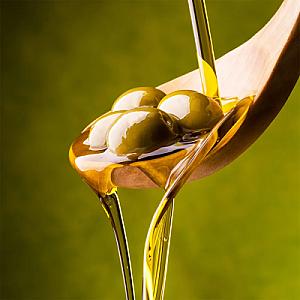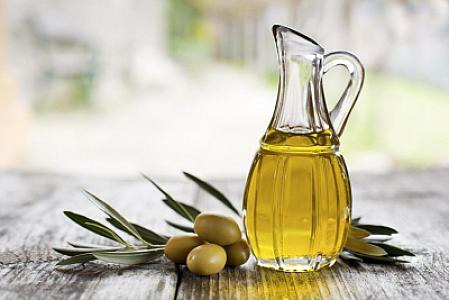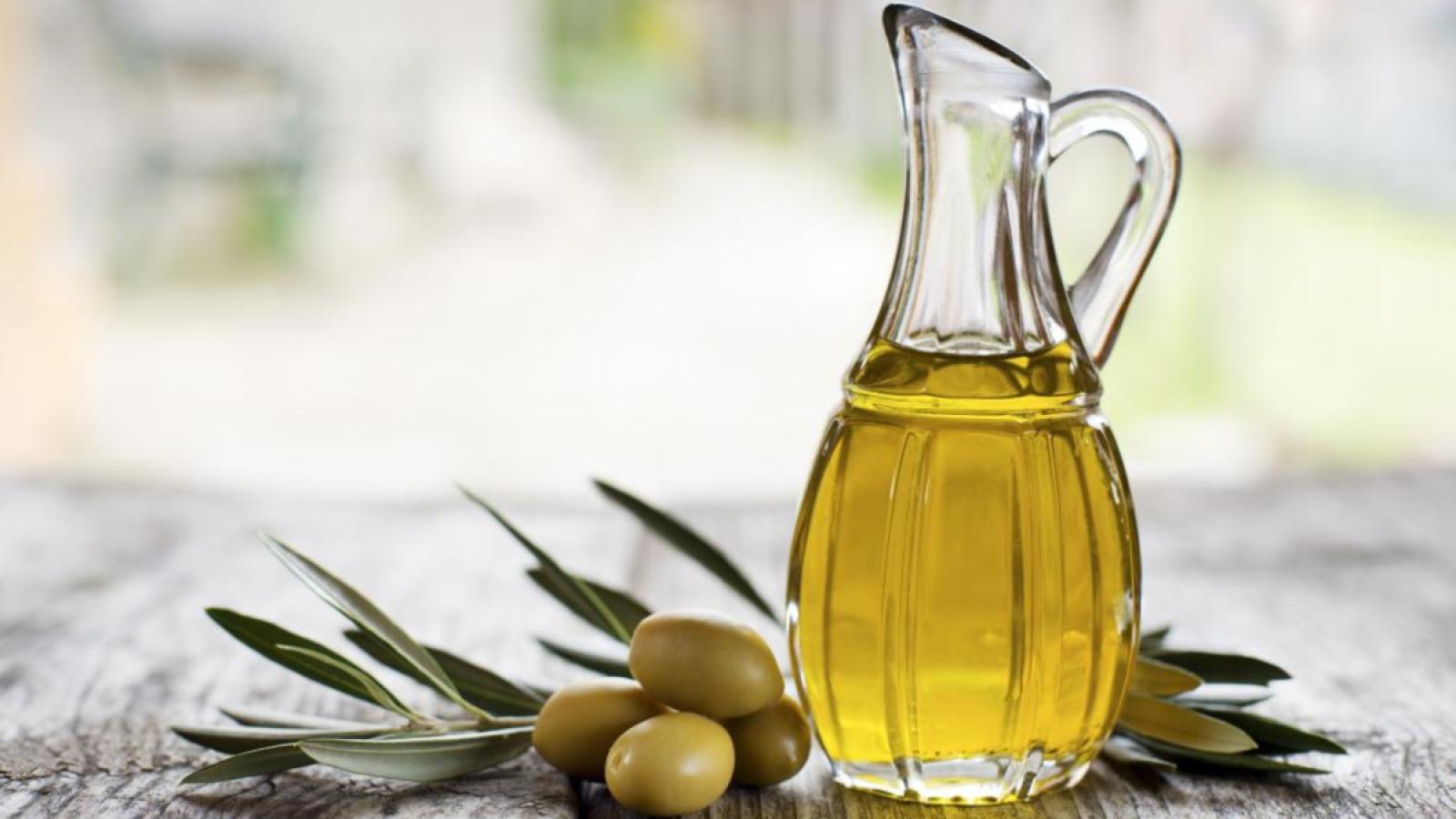
Viannos Olive Oil
Viannos, nestled in one of Crete's most fertile regions, is renowned for its exceptional extra virgin olive oil, often referred to as the "Liquid Gold of Crete." This liquid treasure boasts a rich aroma and a unique taste that has earned it accolades both in Greece and internationally. The olive oil produced here embodies the essence of Cretan culture, where the olive tree is not just a plant but a symbol of peace, wisdom, and victory, deeply woven into the fabric of everyday life.
A Historical Legacy
The historical significance of olive oil in Crete dates back to antiquity. Homer famously described it as "liquid gold," while Hippocrates referred to it as the "Great Healer," acknowledging its profound health benefits. The olive tree has inspired generations of poets, writers, and artists, symbolizing abundance and prosperity. During his groundbreaking study in 1957, Dr. A. Keys noted the generous use of olive oil in Cretan cuisine, highlighting its importance as the island's primary cooking fat since the Minoan era, around 2000 BC.
Culinary Staple and Cultural Icon
Olive oil is not merely an ingredient; it is the very foundation of Cretan cuisine. Known as the backbone of the "poor man's cuisine," it plays a vital role in traditional dishes enjoyed during Lent and festive gatherings alike. From frugal stews to simple dips, the humble olive elevates every meal, harmonizing beautifully with tomatoes, cheese, nuts, and raki, the local spirit. The age-old adage, "Whoever eats oil, bread, and olive pies, death will not strike him!" encapsulates its nutritional value and cultural significance.
Health Benefits and Modern Usage
The Cretan diet, rich in olive oil, cereals, fruits, vegetables, honey, greens, and herbs, has stood the test of time, remaining largely unchanged despite various cultural influences. Visitors to Crete are often captivated by the enchanting aroma of olive oil, which enhances both simple and elaborate dishes. The island's unique geography, characterized by its small mountains and plains, allows olive trees to flourish even in less fertile soils, providing sustenance for the local population for centuries. Extra virgin olive oil is not just a cooking fat but a health-promoting food, recognized for its role in reducing the risk of cardiovascular diseases and cancer, while also offering a plethora of other health benefits.
A Culinary Treasure
With its rich flavor and distinctive character, extra virgin olive oil has become a staple in kitchens around the world. Esteemed chefs appreciate its ability to transform ordinary dishes into culinary masterpieces, often featuring it prominently in international cooking competitions. The oil's complex taste and aroma enhance everything from fresh salads to intricate gourmet creations, making it a cherished ingredient in global gastronomy.
The Olive Festival: A Celebration of Heritage
Viannos is home to an annual Olive Festival that celebrates the region's deep-rooted connection to the olive tree and its oil. This vibrant event draws locals and tourists alike, offering a delightful mix of traditional music, dance, and, of course, tastings of the region's finest olive oils. Attendees can witness the entire production process, from the olive harvest to the pressing of oil, gaining a unique insight into the rich heritage of olive oil in Viannos.
Discover the Flavors of Viannos
Visitors to the Olive Festival can explore various olive oil varieties, participate in workshops, and immerse themselves in the region's culinary traditions. This celebration is not only a feast for the senses but also a testament to the enduring bond between the people of Viannos and their land, ensuring the preservation and sharing of their centuries-old olive oil legacy.
Where to Find Exquisite Olive Oil
- Argoudelaion (+30 6994108020)
- Agricultural Olive Oil Cooperative of Sikologos (https://sikologos.gr/)
- Bienna (https://www.bienna.gr/)
- Olivos - Gourniezakis Iwannis (+30 6938184448)
- Papadimitropoulos Vervelakis (+30 2895 031442)
- Papamastorakis Adamis (+30 2895022360)
- Psarologakis Marinos and Andreas (+30 2895029029)
- Nama (Αγροτικός Συνεταιρισμός Εμπάρου | Αγροτικός Συνεταιρισμός Εμπάρου)
- Xaridimos Stefanakis (+30 2895031337)
- Zampetakis I (+30 2895051480)
- Loulakis Gewrgios ()
- Fragkiadakis Manolis
To learn more about the region's olive oil and its offerings, visit: https://www.bienna.gr/.
Related

Fish
Nestled along the picturesque Cretan coastline, Viannos is a true seafood lover's paradise, celebrat...
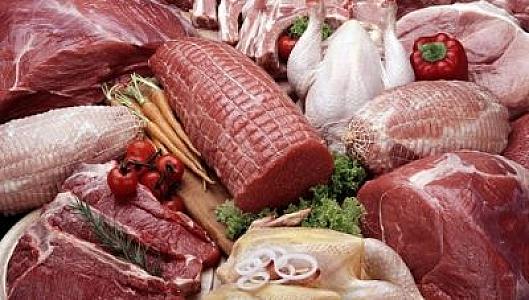
Meat
In the picturesque municipality of Viannos, the local meat is renowned for its exceptional quality,...
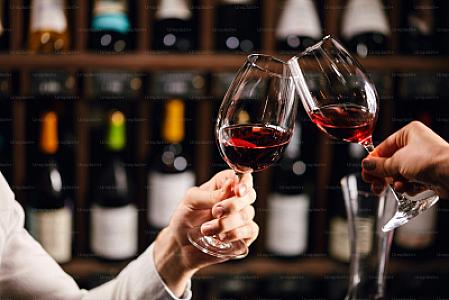
Wine
Nestled in the heart of Crete, the region of Emparos boasts a rich and storied winemaking tradition...
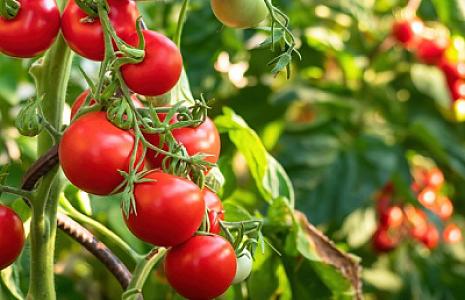
Τomatoes
The tomatoes of the Viannos region are renowned not only for their exceptional taste and quality but...

